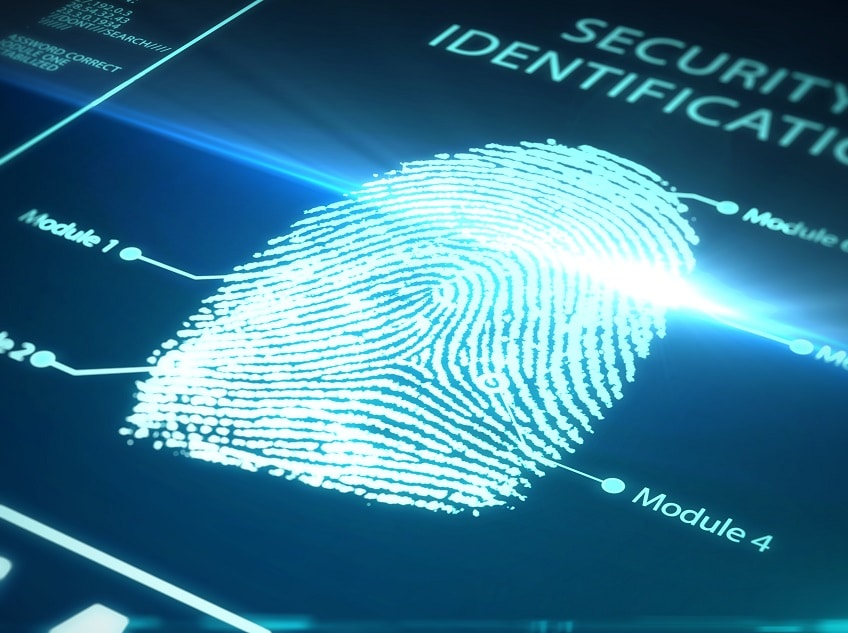Discover the secrets to future success with a forensic science course!
We’ve all seen the gritty detective dramas and police procedurals that have taught us what being a forensic scientist is all about. How much of that is really true? The only way to find out for sure is to take a course in forensic science and find out.
In recent years, forensic science has rapidly emerged as an exciting new field. This has made it very popular with students, meaning that there a range of high-quality new courses available for anyone who would like to study the subject.
What does a forensic scientist do?
Forensic science is all about examining every inch of a crime scene to find the clues hidden inside. It can involve analysing samples, looking for fingerprints and working in a variety of challenging locations doing a job that really makes a difference to everyone involved.
Some of these elements include:
- Understanding the anatomy of a crime scene
o Learning what you will find in what is often a chaotic crime scene is an important first step – if you don’t know what you are looking for, how will you know when you have found it? - Fingerprints
o There is a lot more to the art of fingerprinting than throwing down dust and seeing what happens. Learning to analyse fingerprints is a vital part of one of the most common areas of forensic science. - How to process a crime scene
o Unfortunately, Hollywood has not been entirely honest about how working on a crime scene really entails. There is a lot less shooting and a lot more procedures and paperwork. Understanding the correct way to comport yourself on a crime scene, and how to deal with the paperwork afterwards is a necessary evil of the job. - Causes of death
o This can entail many different things - Poisons and toxicology, which will help you get to the bottom of poisoning cases. Learning to analyse the signs of a poisoning, a common form of murder, is a big job.
- Firearms and explosives, while not as common as in the United States, still feature heavily in many violent crimes. There is a lot to learn about them, so dedicated modules on this are highly likely.
What can I expect to do when I finish?
There are a number of different options available to people who graduate from forensic science courses.
Some will decide to go on and further their studies at university, which opens the path to jobs like being a coroner, and also massively raises the chances of security a job in a very competitive field.
Some will be able to go into work right away, especially if they have experience in a related field, which will be able to support their applications.
For some people however, it can prove valuable research. Many great crime writers are known for their in-depth knowledge of police work and how criminal investigations are conducted. If you are an aspiring (or even successful!) crime writer and you would like to learn more about what really goes on in the everyday lives of policemen and the criminals they work to catch, then consider taking a course in forensic science to learn about how.
This course is not recommended for people that want to learn how to get away with murder, of course. However, whatever the reason you would like to study an fascinating and engaging course, choose from one of many options that can help you learn all about one of the most fascinating jobs of all.












Comments